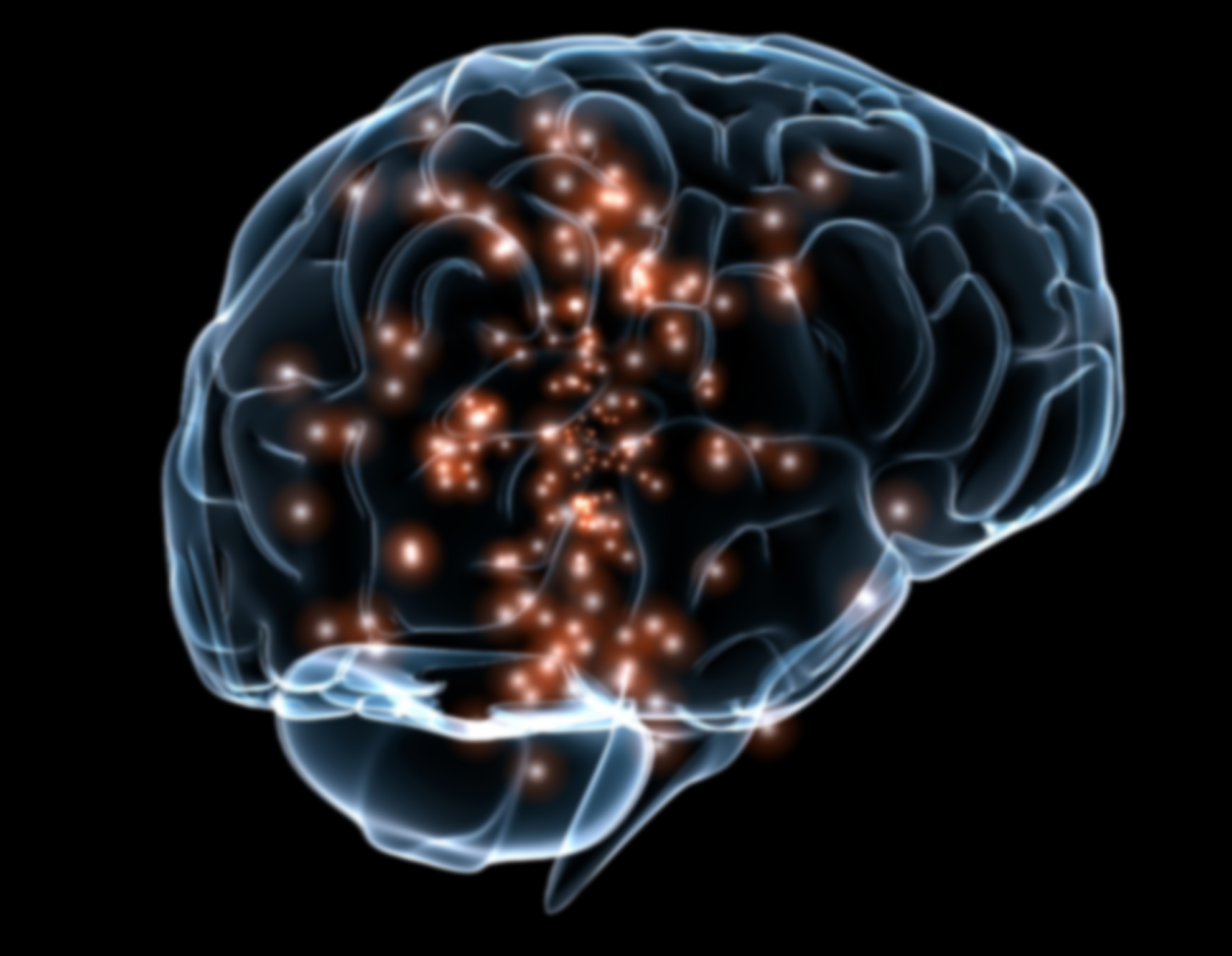
Research
Restoring Active Memory (RAM) Study
The Restoring Active Memory (RAM) program aims to mitigate the effects of traumatic brain injury (TBI) in military Service members by developing neurotechnologies to facilitate memory formation and recall in the injured brain. Despite the scale of the problem, few effective therapies currently exist to mitigate the long-term consequences of TBI on memory. Enabling restoration of memory function would support military readiness by providing injured personnel the option of returning to duty, and would improve quality of life for wounded veterans.
DARPA’s end goal for the RAM program is to develop and test a wireless, fully implantable neural interface for human clinical use. The lab assists this multi-institutional project by integrating computational models into new, implantable, closed-loop systems able to deliver targeted neural stimulation to restore normal memory function. Volunteers living with deficits in the encoding and/or retrieval of declarative memories and/or volunteers undergoing neurosurgery for other neurological conditions are taking part in human clinical studies to help test and refine the RAM systems. This work aims to identify any characteristic neural and behavioral correlates of memories facilitated by therapeutic devices.
Description of project from DARPA.
Image of the Ramulator used to record patient EEGs.
